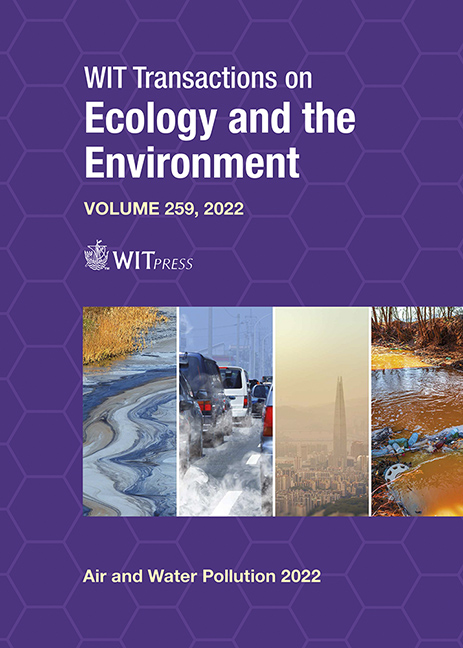HOLISTIC APPROACH TO THE ECONOMIC BENEFITS OF USING RECLAIMED WATER IN AGRICULTURE
Price
Free (open access)
Transaction
Volume
259
Pages
9
Page Range
147 - 155
Published
2022
Paper DOI
10.2495/AWP220131
Copyright
Author(s)
MARÍA JOSÉ LÓPEZ SERRANO
Abstract
Implementing water alternatives to ensure its supply is crucial in a worldwide context where water scarcity is a daily problem that is anticipated to intensify in the upcoming years. In this context, reclaimed water has proved to be a viable option for ensuring water availability for such a waterdemanding and critical sector as agriculture is. Nevertheless, its use is too often seen as a last-resource alternative desired mainly by farmers facing water scarcity or a lack of water alternatives. Despite the pressing need to look for reasons that justify the profitability of its implementation over other water alternatives, and in light of there being gap research when analyzing all the benefits of using reclaimed water from a holistic economic approach, the overall objective of this study is to evaluate the economic impact generated by the use of tertiary water in agriculture to irrigate crops. To reach this ambitious objective, the economic value of a large list of positive externalities derived from the implementation of reclaimed water in agriculture is going to be calculated. Some of the aspects that are going to be evaluated are: its fertilizer value affecting crop productivity, soil quality and plant growth and its capacity of being a source of organic carbon. Furthermore, these others relevant aspects that too often go unnoticed due to the difficulty in their measurement are going to be evaluated: its contribution to protect water bodies and promote water resources quality and recovery, its capacity of enhancing and boosting marine ecosystem services and its leverage effect in promoting agriculture in new areas and in fostering different crop varieties in other areas where, because of salinity levels or water scarcity, only some crop varieties may be grown. Results will show through economic data and results the urge of implementing reclaimed water in agriculture worldwide.
Keywords
water reuse, reclaimed water, sustainability, circular economy, agricultural water contamination, wastewater management




